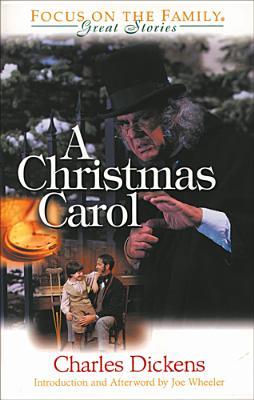
I’ve been listening to a lot of audiobooks recently while I cook, fold my laundry, or drive to work. I’ve almost ran out of them actually, and I think I will have to get a new Audible subscription. Or maybe I could try Scribd? I still have one book and a half to listen to before I completely make up my mind, we shall see. Anyway, one of those audiobooks I listened to recently was Tess of the d’Ubervilles by Thomas Hardy. I picked it up for two reasons: first, that it was a classic, and one I wanted to read at some point in my life, and the second time, because it was narrated by Davina Porter, and I think she is a fantastic narrator. Then when I started reading it, a few people told me how much they had loved this book, and I guess this got my expectations up: but in the end, I was mostly disappointed.
Title: Tess of the d’Ubervilles
Author: Thomas Hardy
Genre: Classics, Literary Fiction
Release: 1891
My rating: ⭐⭐⭐/5
I know I’m not very active on the blog these days, or even on instagram for that matter (partly due to the fact that the algorithm doesn’t make it as rewarding as it used to be), and it’s partly due to the fact that I haven’t been reading a lot lately, though that is no excuse. The fact that I haven’t been feeling well as well might be an excuse and I’m going to blame that on winter, and the fact that I’m not really happy with my life right now. I’m kind of spiralling down if you will. But hopefully this too shall pass. ANYWAY. Back to Tess. One of my latest reads was Tess of the D’Ubervilles by Thomas Hardy, narrated by the brilliant Davina Porter and to be honest I didn’t really like this book. I really WANTED to like it but I winded up being disappointed. I tried, and many people told me how much they had loved this book, so I really wanted to enjoy it as well, but I simply did not see what others saw in this book.
In some ways, I couldn’t help but be reminded of Great Expectations by Charles Dickens. Yet another 19th century classics that didn’t live up to the hype — if there is such a thing as hype when it comes to classics, you know, I just wished I would have enjoyed it more. For some reason, I also compared it to Jane Eyre by Charlotte Brontë a lot, and it only disappointed me more, because I love Jane Eyre. Tess’s mother also reminded me of Pride and Prejudice‘s one and only Mrs Bennett, who desperately wanted to marry off her daughters, and so on. Except there wasn’t a good old Mr Bennett to balance that, instead we had a drunkard attached to the idea that his family used to be noble, but who didn’t do anything. These are some of the thoughts that crossed my mind while I was reading Tess of the d’Ubervilles, along with the fact that there was too much caring-about-what-society-and-other-people-think. But I guess that’s only human. I just felt that it was too much for me too handle.
I was frustrated way too many times during the story, by both Tess and Angel. And in addition to that, I found it all too predictable — even the ending. I still gave it 3 stars because I liked the writing style, and the narration by my queen Davina Porter. It also gave me a few laughs in between the religious sermons and the misogyny, and I didn’t feel like giving it a lower rating. But that’s all.
As for what other audiobooks I’ve been listening to lately, I might write a review for The Readers of Broken Wheel Recommend by Katarina Bivald, which was a lovely and sweet story, itself full of love for books. I’m listening now to a french story called La Route des Coqueliquots, by Véronique Biefnot and Francis Dannemark. As for physical reads, I haven’t moved from Can We All Be Feminists by June Eric-Udorie and A Blade So Black by L. L. McKinney. I think I’m kind of in a book slump. Actually, nothing really motivates me. I miss summer, I miss Paris, and I don’t really feel like doing anything these days. My life plans for the future change constantly, to come back to the fact that I want to work in a bookshop. Or is it because of The Readers of Broken Wheel? I always tend to be influenced by the books I read, and I don’t know what to think anymore.
I’m going to stop here, because I’m not here to depress you, I just wanted to share a little bit more than a book review today, so here we go. Wish you all a wonderful day, and a happy holiday season ♥









